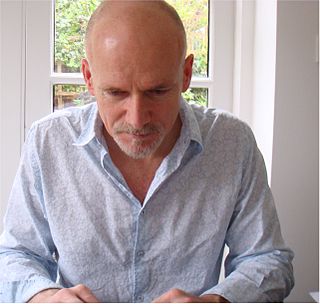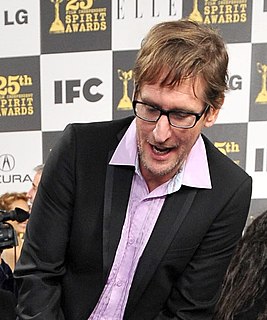A Quote by Sheila Heti
Writing fiction is a good way to inhabit other minds, if not other lives.
Related Quotes
Good writing is good writing. In many ways, it’s the audience and their expectations that define a genre. A reader of literary fiction expects the writing to illuminate the human condition, some aspect of our world and our role in it. A reader of genre fiction likes that, too, as long as it doesn’t get in the way of the story.
I don't want to know about the lives of other actors and I don't want people to know too much about me. If we don't know about the private lives of other actors, that leaves us as clean slates when it comes to playing characters. That's the point, they can create these other characters and I can believe them. I think if you're a good enough actor, that's the way to longevity in the film business. Keep everybody guessing.




































